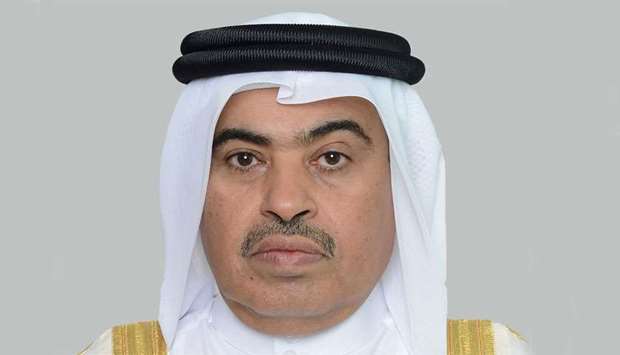Qatar has begun fast-tracking the implementation of “progressive policies” to further attract foreign direct investments (FDIs), HE the Minister of Commerce and Industry Ali bin Ahmed al-Kuwari has said.
FDIs increased by 4% ($7.8bn) to $186bn at the end of the first quarter of 2018 from $178bn in end-2017, al-Kuwari said at a session at the World Economic Forum in Davos, Switzerland.
This increase is driven by Qatar’s “revised legislations and regulations” to provide further incentives to foreign investors and allow up to 100% ownership in all sectors, which benefit from income tax exemptions as well as exemptions from customs duties on the import of goods for production.
Qatar is also allocating lands by way of rent for up to 50 years to foreign investors to establish their projects while allowing foreign companies to transfer their investment returns to their home countries in any convertible currency and investors to transfer the ownership of their companies to a Qatari or foreign investor in accordance with applicable laws.
Qatar now allows investors up to 100% ownership in free zones and offers tax exemptions for up to 20 years without restrictions on the repatriation of capital, the minister said.
Investors in these areas can export to local markets, tap investment funds and enter into joint ventures with local state-backed companies.
Al-Kuwari said Qatar was also in the process of drafting a public and private partnership law to pave the way for the launch of major new projects as the government bolstered spending on state-of-the-art infrastructure and logistics conforming to the highest international standards.
Qatar’s 2018 annual budget allocated $25.5bn for spending on major projects, the minister said, noting that these include projects related to the 2022 FIFA World Cup as well as sustainable development projects implemented within the framework of the Qatar National Vision 2030.
These projects will further promote Qatar’s tourism sector and realise plans to attract 5.6mn visitors annually by 2023 - double the number the country welcomed in 2016.
Al-Kuwari noted Qatar’s GDP increased to $222bn in 2017 compared to $218bn in 2016, growing at an annual rate of 1.6%, and expanding by over 5% in the first six months of 2018 compared to the same period in the previous year.
Quoting the World Bank, the minister said growth was estimated at 2.3% in 2018 and expected to increase to 2.7% in 2019 and 3% in 2020, mainly driven by Qatar’s “attractive” business-friendly environment.
This is evident in the ranking of Qatar on the World Economic Forum’s Global Competitiveness Report 2018, he said.
Globally, Qatar ranks first in terms of low inflation rates, sixth in terms of the effect of taxes on competition, eighth in terms of venture capital availability, ninth in terms of financing small and medium enterprises (SMEs), and tenth for growth of innovative companies while regionally the country ranks first on the Global Entrepreneurship Index, al-Kuwari added.

